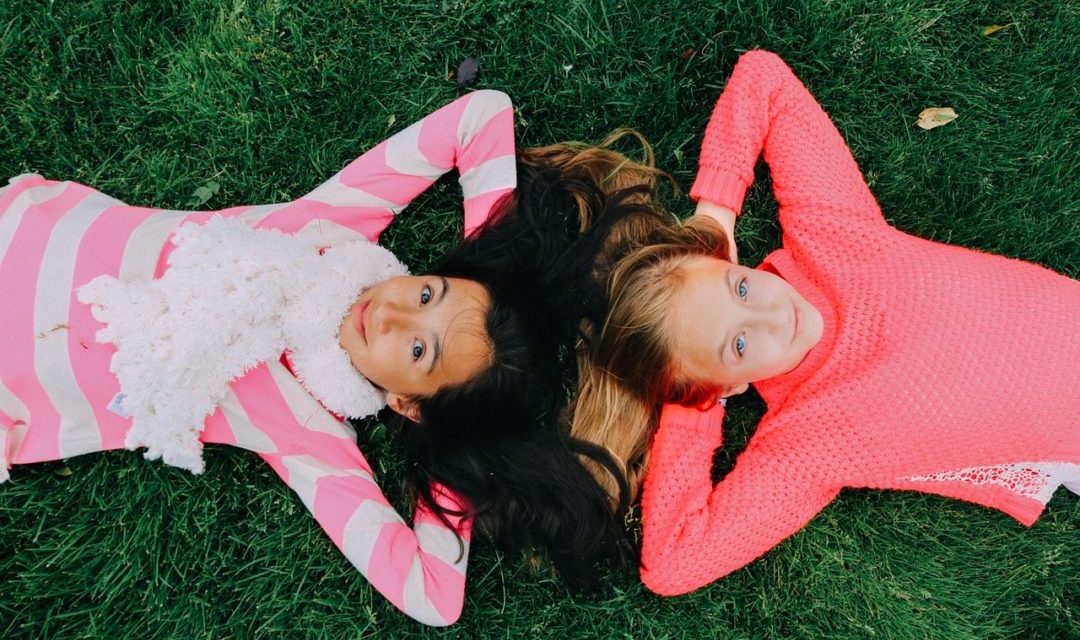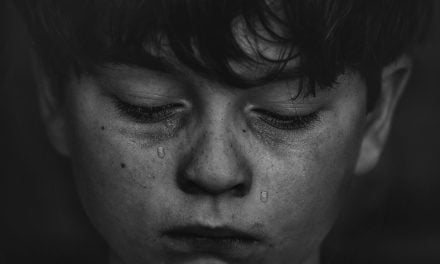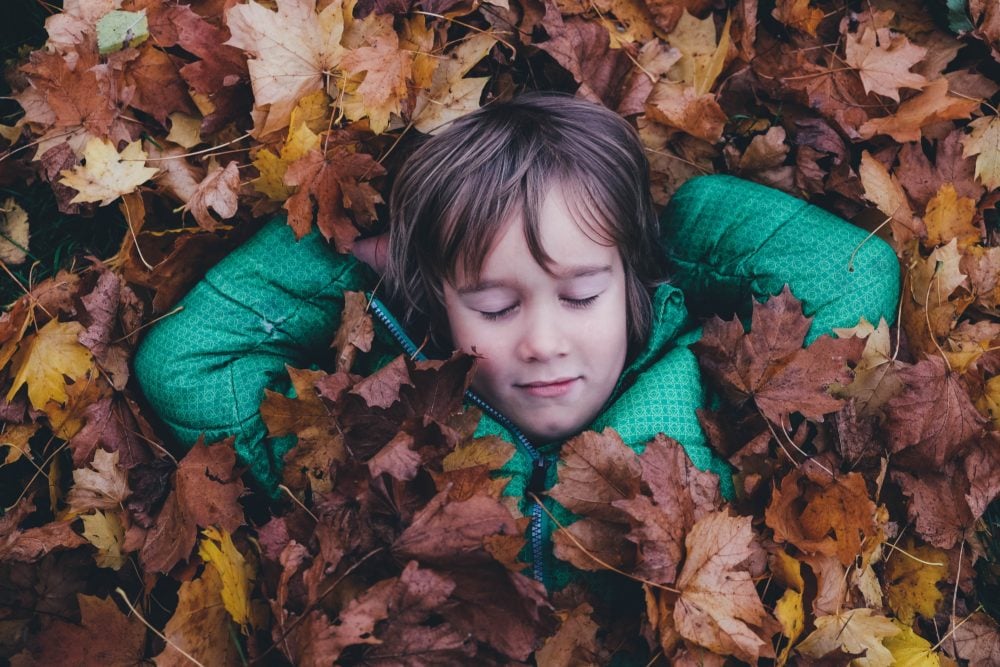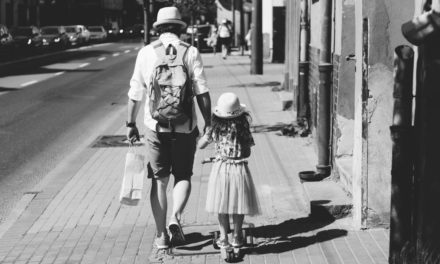Social media friends and other online friends have a place in our kids’ lives. However, friends in real life teach them the skills that will equip them for adulthood. (Podcast at end of the article)
The Girl Guides Association of Canada recently surveyed 1,000 girls ages 10 to 18 from across the country about their online habits. They say that Canadian girls reported having an average of three “real life” friends versus 13 online-only friends. Naturally, they express concern in this regard.
The figures in the Girl Guides’ study seem extreme. Maybe it’s all that snow and indoors time Canadians have. I’d love to see similar research in Australia. That said, those figures do point to an interesting trend educators and parents are seeing in adolescent friendships.
Teens find it easier to develop a friendship online. It speeds up the normal process of sharing information and forming a superficial bond. Teens tell me that even after meeting someone once in real life, they will usually progress the relationship online before meeting again. They say it stops things from being awkward.
The internet provides the opportunity to create familiarity and intimacy in a friendship quickly, but at the same time, there is the security of the BLOCK button if things go awry. It’s convenient but is it robbing our kids of the skills they need in real life?
Online/social media friendships have a place
I don’t think we need to demonise online friendships. They are as much a part of a digital native’s world as friends in real life. They are invaluable for kids who live in isolated areas or kids who are isolated for other reasons, like disabilities. For kids with social anxiety, an online environment provides a perfect forum for practising interaction with minimal risk.
Some kids find friends online who share their interests. People who share their passion for photography or music, gaming or creating skateboard stunt videos. They are part of an online tribe.
I think we get frightened of the idea of our teens having online friends because we still envisage chat rooms in the dark corners of the internet with paedophiles grooming young innocents. In reality, often kids have met their online friends in the real world or they are friends of friends. There is a blurring of the line between on and offline.
Kids are also often using video chat to talk to online friends, so it is easier to see whether or not someone online is who they say they are. A big disclaimer here though, grooming does happen, and kids do still need to be careful. In my opinion, there are very few circumstances where a primary school child should be having online friends at all!
What’s the problem with social-media friendships?
Despite having their place, online or social media friendships don’t provide kids with the social, emotional, or even physical learning and development that they need. Every moment that a child is socialising online is a moment where they are not engaging with the real-world relationships that will prepare them for life.
An online friendship doesn’t offer our kids the opportunity to have experiences together that form bonds. If they aren’t going to the beach together or shooting hoops or doing the things teens do, they aren’t seeing each other in a range of contexts and with a range of people. They aren’t building the skills that go with changing social dynamics and situations.
Online friends don’t see you fall over in the corridor at school. So, they don’t have the opportunity to help you up and then laugh it off with you. Those experiences create connection and trust. Instead, online friends see a fairly well-crafted version of you in a situation that is largely static and controllable.
Having friendships online doesn’t put kids in a position where they have to deal with conflict face to face and in the moment. Online, disagreements are often solved by pressing the BLOCK button and never having to see that person again. Otherwise, they are resolved with carefully crafted messages.
Finally…
Yes, online friendships have a place, but we need to be encouraging kids to be developing and fostering their friendships in the real world. They are the relationships that build the network of connection that is needed for positive mental health. They are the people our kids are growing and developing with, and side by side they will find their place in the world. The REAL world.
Why not follow Linda’s blog? You’ll receive useful information to help support your kids as they navigate their school years.
Linda would love to meet you on her Facebook page here
In this podcast, Laurel Gregory talks to Linda Stade about online friends vs real-life friends and how we can help kids develop new friendships.
Family Matters Podcast – Global News
Canada
21 October 2019
Linda would love to meet you on her Facebook page here







